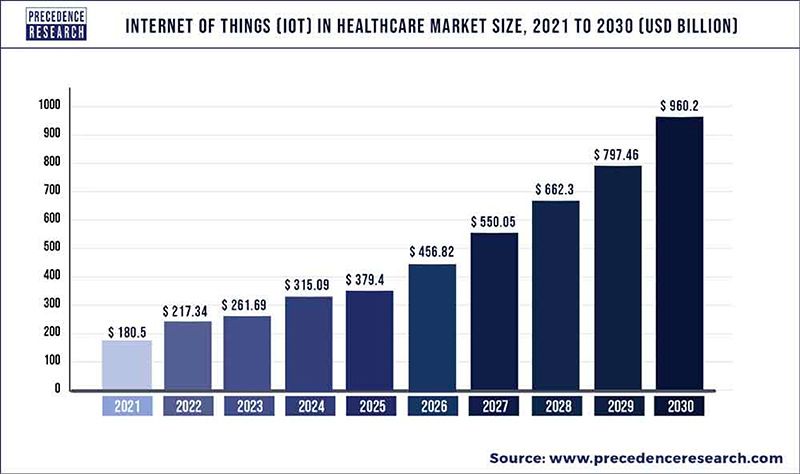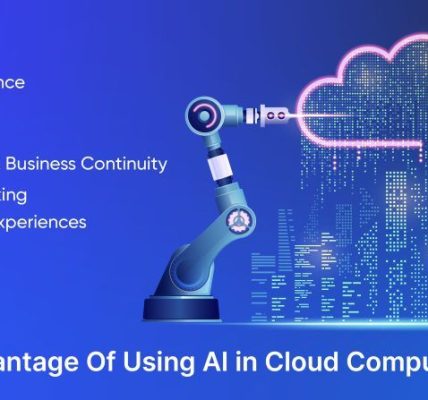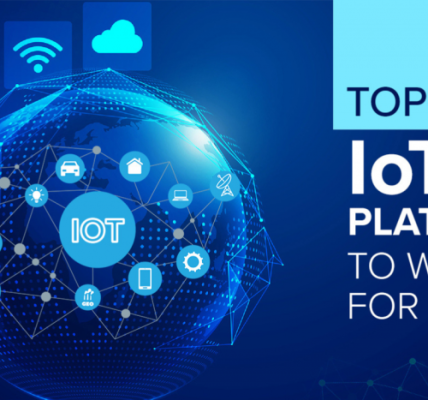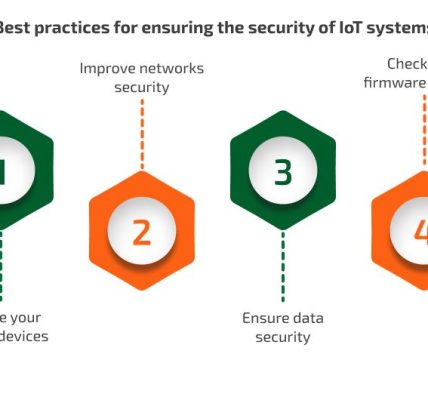In recent years, the Internet of Things (IoT) has revolutionized the way industries operate, and the healthcare sector is no exception. IoT has transformed the healthcare industry by enhancing patient care, improving efficiency, and reducing costs. This article explores the profound impact of IoT on healthcare and how it is shaping the future of medical care.
Enhanced Patient Care
One of the key benefits of IoT in healthcare is the ability to monitor patients remotely. Wearable devices such as smartwatches and fitness trackers allow healthcare providers to track vital signs in real-time, enabling early detection of health issues and timely interventions. This proactive approach to patient care has led to improved treatment outcomes and reduced hospital readmission rates.
Improved Efficiency
IoT has streamlined healthcare operations by automating routine tasks and optimizing workflows. By connecting medical devices, equipment, and systems through IoT-enabled platforms, healthcare providers can access real-time data and make informed decisions quickly. This has led to a significant improvement in operational efficiency and resource utilization, ultimately benefiting both patients and healthcare providers.
Cost Reduction
Implementing IoT in healthcare has helped reduce costs by minimizing manual errors, preventing unnecessary hospital visits, and optimizing resource allocation. By leveraging IoT technologies such as telemedicine and remote patient monitoring, healthcare organizations can deliver cost-effective care while maintaining high quality standards. This cost-saving aspect of IoT has made healthcare more accessible and affordable for patients across the globe.
Data Security and Privacy
Despite the numerous benefits of IoT in healthcare, data security and privacy remain major concerns. The vast amount of sensitive patient information collected through IoT devices poses a significant risk if not properly safeguarded. Healthcare organizations must prioritize cybersecurity measures to protect patient data from unauthorized access and breaches. By implementing robust security protocols and ensuring compliance with regulations such as HIPAA, healthcare providers can mitigate the risks associated with IoT-enabled devices.
The Future of Healthcare
As IoT continues to evolve, its impact on the healthcare industry will only grow stronger. The integration of artificial intelligence, machine learning, and predictive analytics with IoT technologies holds immense potential for transforming healthcare delivery and patient outcomes. From personalized medicine to preventive care, IoT is driving innovation and revolutionizing the way healthcare is delivered and managed.
Conclusion
IoT has had a transformative impact on the healthcare industry, revolutionizing patient care, enhancing efficiency, and reducing costs. While the adoption of IoT in healthcare comes with challenges such as data security and privacy, the benefits far outweigh the risks. As healthcare providers continue to embrace IoT technologies and leverage data-driven insights, the future of healthcare looks promising, with improved outcomes and a more connected and efficient healthcare system.




